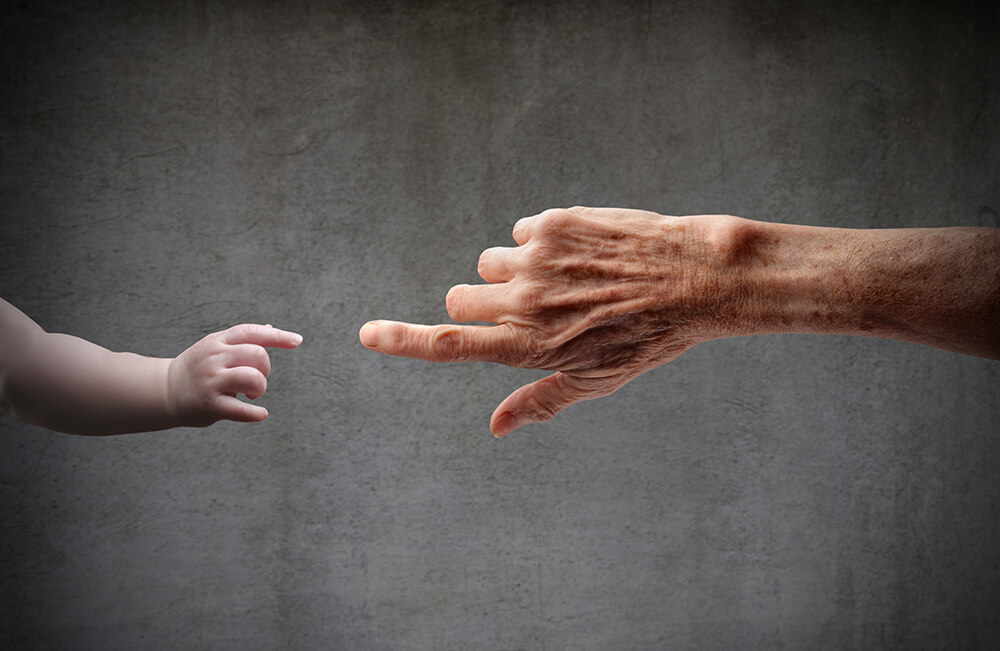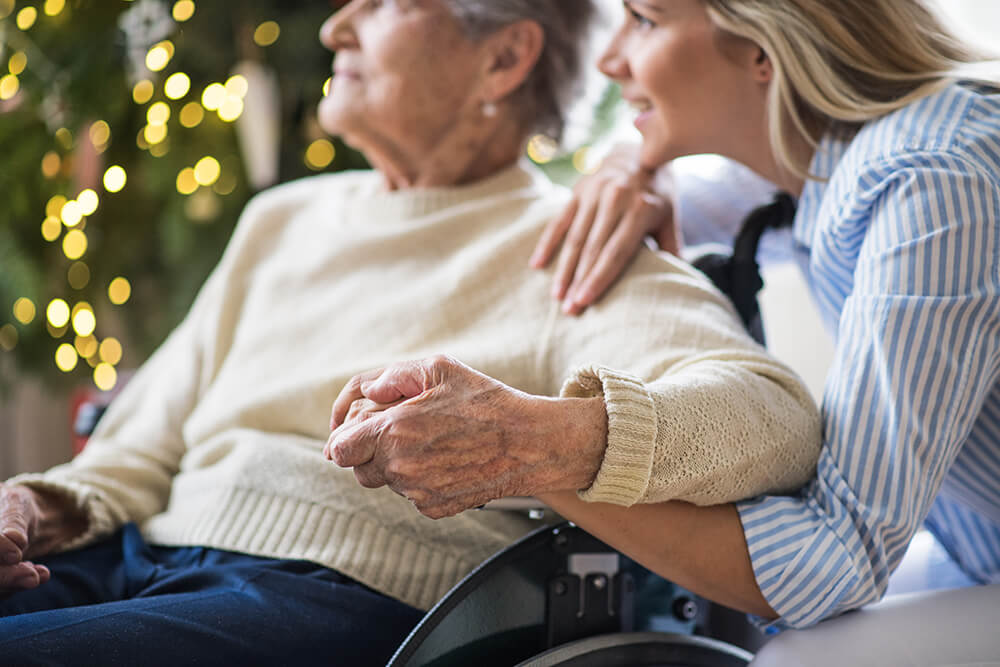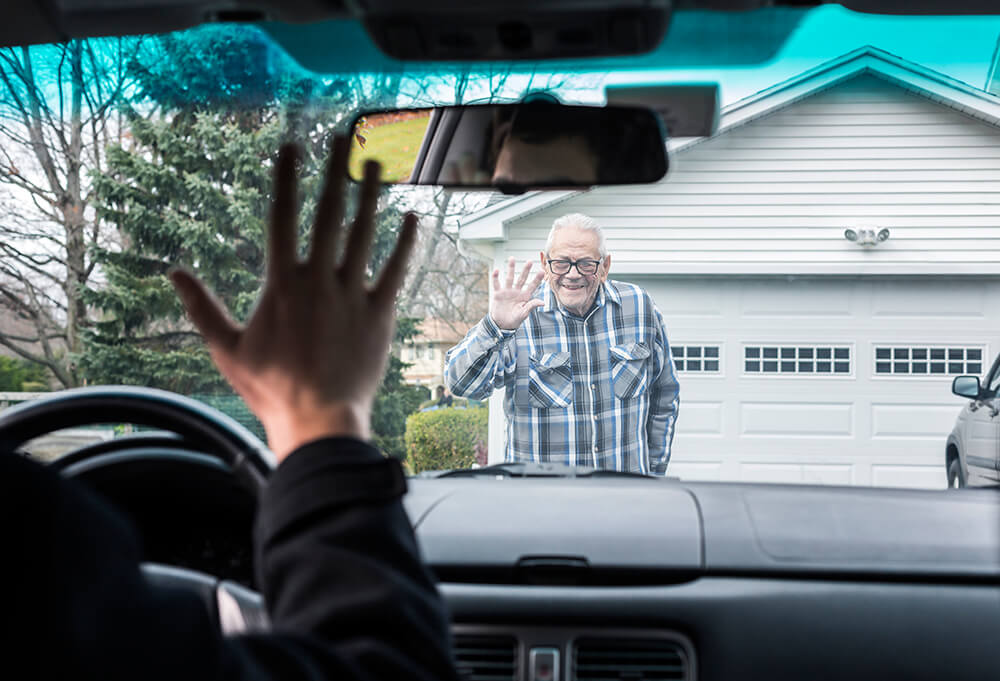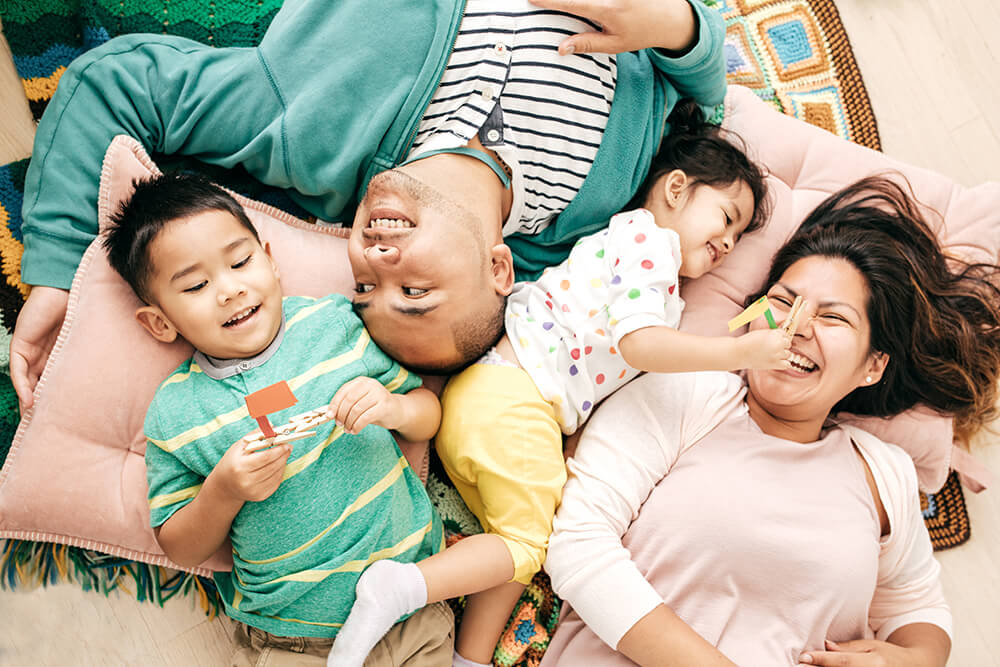COVID-19 Webinars

Webinar 1: Nutritional management of COVID-19 patients who are critically ill
In this webinar, Dr Emma Ridley presents the latest ANZ and global evidence & guidelines for the nutritional management of critically and acutely unwell patients with COVID-19
Dr Emma Ridley is a Senior Research Fellow at the ANZIC-RC, Monash University where she leads the Nutrition Program and a Senior Clinical Dietitian in ICU at The Alfred Hospital. Completing her PhD in 2018, current research interests include understanding the optimum way to determine energy requirements in the critically ill, including the clinical application of indirect calorimetry, as well as the effect of optimal nutrition delivery on short and long-term outcomes in ICU patients. In 2019 Emma was named as a Finalist in the ‘Clinical Research’ category of the Premier’s Awards for Health and Medical Research for the work and outcomes within her PhD. Emma regularly delivers invited national and international presentations, is an Editor with Australian Critical Care and has authored 43 peer-reviewed publications, (including in the New England Journal of Medicine). Emma has been a named investigator on $6.3 million dollars of research funding with the teams she collaborates with and is the CIA on the INTENT trial that is investigating a whole hospital nutrition intervention in critically ill patients (NCT03292237).
Webinar 2: Nutrition support in patients with severe respiratory disease: from hospital to home
In this webinar, Dr Peter Collins presents on best practice recommendations for the optimal nutritional management of patients with severe respiratory disease and diagnosed, or are at-risk of, malnutrition.
Dr Peter Collins is a Senior Lecturer in Nutrition & Dietetics in the School of Allied Health Sciences at Griffith University. He is a Registered Dietitian with the UK Health Care & Professions Council and is a Registered Dietitian with the Dietitians Association of Australia with a PhD in Clinical Nutrition from the Faculty of Medicine at The University of Southampton. His research focuses on the detection and management of disease-related malnutrition in individuals with respiratory disease and he is a member of the Patient-Centred Health Services research group at Menzies Health Institute Queensland, Australia, where he is interested in the potential for innovative solutions to improve malnutrition treatment. Peter is passionate about the importance of community dietetics and the leading role dietitians can play in the delivery of evidence-based nutrition support.Peter is on the editorial board of the Journal of Human Nutrition and Dietetics, is an Early Career Faculty member of the European Society for Clinical Nutrition and Metabolism (ESPEN) and is leading the development of the new ESPEN guideline on clinical nutrition in chronic obstructive pulmonary disease (COPD).
Webinar 3: Managing the nutrition support of COVID-19 patients in ICU
In this webinar, Dr Arthur van Zanten, Elisabeth De Waele and Paul Wischmeyer present and discuss current experience and best practice in ICU in the nutritional management of patients with COVID-19.
DR. ARTHUR R.H. VAN ZANTENChair of the Department of Intensive Care, Gelderse Vallei Hospital, Ede, The NetherlandsPROF. ELISABETH DE WAELEHead of Clinics ICU Head of Clinical Nutrition Department, Universitair Ziekenhuis Brussel, Brussels, BelgiumPROF. PAUL E. WISCHMEYERProfessor of Anesthesiology and Surgery with Tenure, Director-Perioperative Research, Duke Clinical Research Institute.
Webinar 4: Strategies for the nutritional management of COVID-19 post-ICU
In this webinar, Dr Arthur van Zanten, Elisabeth De Waele and Paul Wischmeyer present and discuss current experience, emerging research and nutritional considerations post ICU discharge for patients with COVID-19.
DR. ARTHUR R.H. VAN ZANTENChair of the Department of Intensive Care, Gelderse Vallei Hospital, Ede, The NetherlandsPROF. ELISABETH DE WAELEHead of Clinics ICU Head of Clinical Nutrition Department, Universitair Ziekenhuis Brussel, Brussels, BelgiumPROF. PAUL E. WISCHMEYERProfessor of Anesthesiology and Surgery with Tenure, Director-Perioperative Research, Duke Clinical Research Institute.



